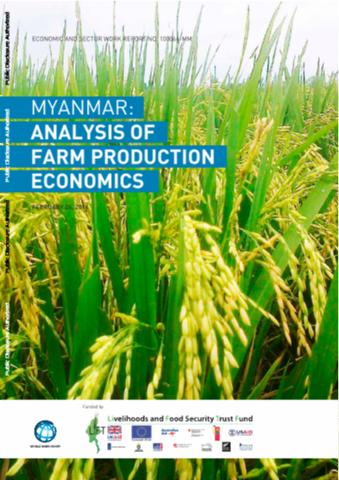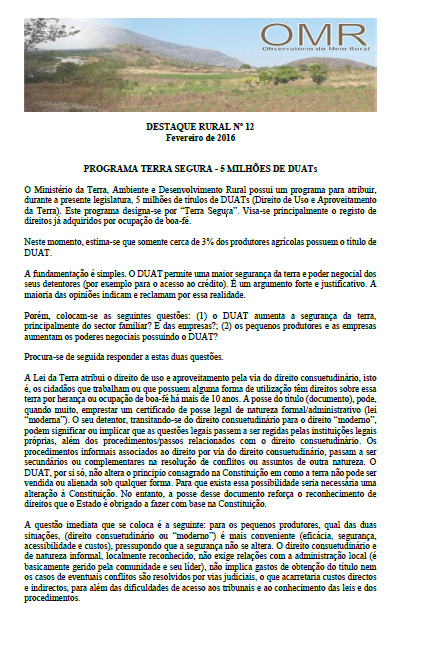Linking livelihood and ecosytem change in two dryland sites in South Africa over a period of 30 years
The ongoing and rapid change (from global to local level) in climate, populations, governments, cultures, environment, land use and economies are critical issues, especially for poor rural communities found in the dryland parts of southern Africa.








